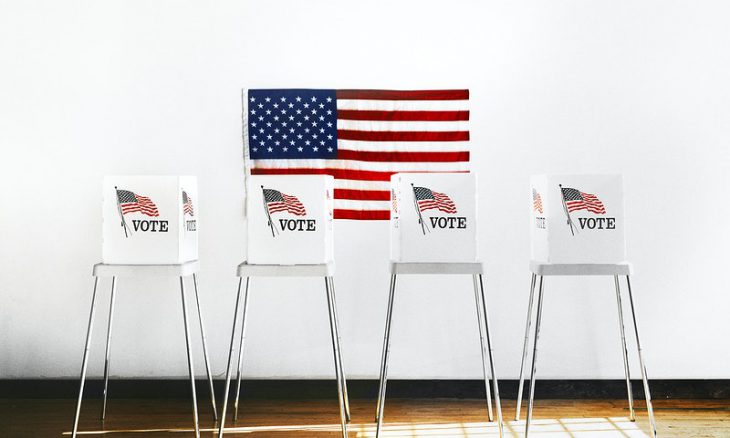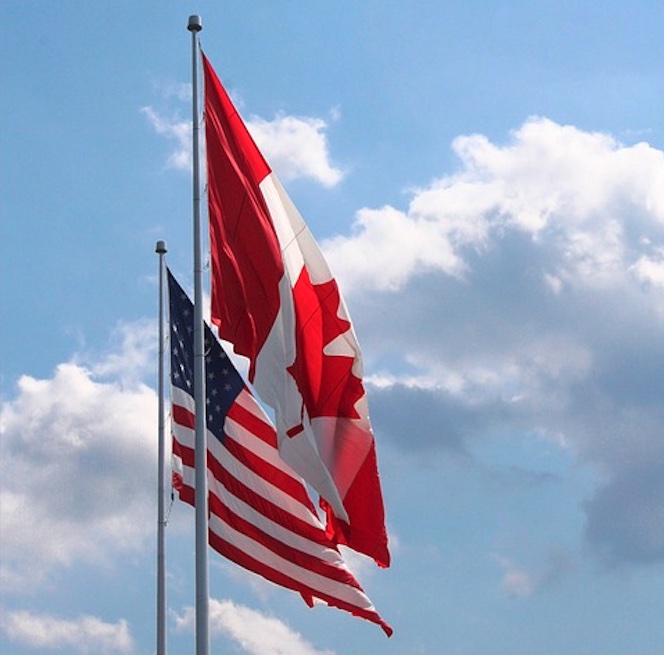Should the Electoral College be protected, modified to meet modern needs, or abolished altogether?
PRAY FIRST during this election year that God’s will would be accomplished and that the men and women running for office will pursue the heart of God.
Where there is no guidance, a people falls, but in an abundance of counselors there is safety. – Proverbs 11:14
The Electoral College is a key part of the U.S. voting system established by the Founding Fathers in the United States Constitution. They wanted to avoid the instability of democratic, majority rule and the concentration of legislative power. Basically to protect self-governance from the potential of majority tyranny.
What is the Electoral College?
The Electoral College allows for popular participation in the election while preserving the presidency’s independence from Congress and attempts to insulate the election process from political manipulation.
Each state has a number of electors equal to its combined Senate and House of Representatives delegations (ranging from three to fifty-five per state). When Americans vote for President and Vice President every four years, they determine the winning candidates by popular vote within their own state. Then, the presidential electors of their state, who are pledged to their chosen party’s presidential and vice-presidential candidates, will prepare to cast the state’s Electoral College votes in what is known as the winner-takes-all system.
Electors will then assemble in their respective states in December to cast Electoral College ballots for President and Vice President. To win the presidency, a candidate needs a majority of 270 electoral votes. If no candidate attains the majority of electoral votes, the vote shifts to Congress, which has only happened twice, and both times were in the nation’s early history.
Why is this good?
The concerns of voters in different states can vary, and having the Electoral College encourages candidates to pursue more states and focus on building their platform to serve not just the extremes of a political party but the more centrist positions as well.
Without the Electoral College, candidates could campaign in the highest populated areas and ignore less-populated regions. Meaning that were elections decided on the popular vote alone, metropolises could easily decide the winner and rural areas would be overruled. The founders of America had the foresight to be concerned about large states having more power than small states, which can also be seen with the setup of equal representation in the Senate for every state.
Why might this be bad?
Critics question its relevance in the modern era, claiming that it distorts the popular vote and that it disproportionately favors smaller states. They also point to the fact that candidates and their teams will prioritize resources and time based on mathematical scenarios which highlight best chance to win in key “swing states,” while largely ignoring states that they don’t think will help them win.
The Future of the Electoral College
Calls for a direct popular vote arise each election cycle, but amending the Constitution is challenging. However, in almost all U.S. elections, the winner of the Electoral College also received the popular vote. Only five times so far in U.S. history has a candidate won the popular vote and lost the Electoral College.
Likewise, there has not been any consensus on any other alternative solutions that have been put forth. The Electoral College may not be perfect, but it has been a consistent component of the American voting process and is still serving its original purpose all these years later.
A Call to Civic Duty
In December of last year, we polled you and fellow members about “What holds back some Christians from voting?” The response provided an overwhelming perspective that included a distrust of political candidates and of the election process. Additionally, many Christians have come to believe that, because politics has such a reputation for corruption, they should take no part in the election process.
However, when people of faith sit out of elections or abstain from running for office, who remains to govern? Casting ballots thoughtfully and prayerfully, taking into account the platforms and proven or projected policies of the candidates, is a privilege of the federal system that followers of Christ have a duty to engage in as citizens.
As He prayed, Jesus did not ask the Father to remove His followers from this world but to keep them “from the evil one” (John 17:15). He said, “As you sent me into the world, so I have sent them into the world.” Does that not sound like a living and participatory witness? If Christians consistently voted for godly values, public officials would realize that they would not be able to institute evil with impunity.
HOW THEN SHOULD WE PRAY:
— Pray for God to give wisdom and integrity to the nation’s electors as they prepare to cast their votes in the coming presidential election. Without counsel plans fail, but with many advisers they succeed. Proverbs 15:22
— Pray for those in leadership, in all branches of government, as they regularly evaluate the rules and regulations of how our government functions. If any of you lacks wisdom, let him ask God, who gives generously to all without reproach, and it will be given him. Psalm 46:1
CONSIDER THESE ITEMS FOR PRAYER:
- Pray for those candidates running in the current election to seek God in all that they do.
- Pray for transparency and integrity for all those who take part in the election process.
- Pray for the volunteers who count ballots and work in the election offices around the country.
- Pray for your fellow Americans as they consider how to vote in this, once again, critical election year.
Sources: Washington Post, New York Times, The Guardian, MSNBC, AP News, Reuters, Treasury









